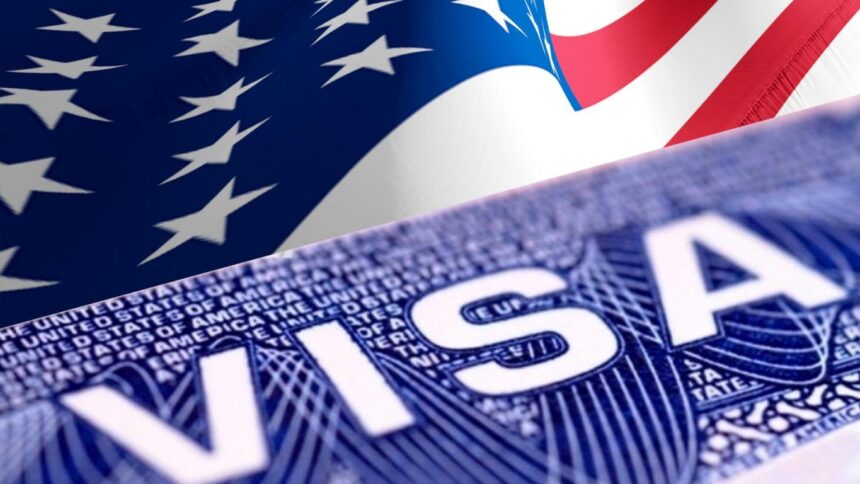The U.S. State Department has resumed processing student visas for international applicants after a brief pause since May 27, 2025 amid newly introduced stringent conditions.
Recall the suspension was initiated to expand social media vetting procedures for F, M, and J visa categories, Pan-Atlantic Kompass had earlier reported.
Under the updated rules, all student visa applicants are required to make their social media profiles fully public. The new measure insists that they must grant consular officers access to review posts and connections for any sign of hostility toward the United States, its government, institutions, or founding principles.
According to a State Department directive, refusal to comply “may be construed as an effort to evade or hide certain activity,” which could lead to visa denial.
In addition to these requirements, the directive also prioritizes visa processing for foreign-trained physicians and students admitted to U.S. colleges where fewer than 15% of the student body is international, according to Associated Press. This has raised concerns that some students admitted to universities and colleges with higher proportion of foreign population might still be denied visa.
The temporary halt in visa interviews was felt globally, with Pan‑Atlantic Kompass reporting that it significantly affected students in Nigeria and other African countries. Many were left uncertain about their plans ahead of school resumption this fall.
As U.S. resumes student visa, consulates worldwide, as of June 18, have resumed scheduling visa interviews under a new set of stricter guidelines.
While the resumption of visa processing brings relief to applicants, the new social-media demands and deeper scrutiny are prompting concern among students and institutions.
Some consulates are expected to experience slower processing times due to the increased vetting workload, especially at universities with high rates of international enrollment.
Free speech advocates like Jameel Jaffer, of Columbia’s Knight First Amendment Institute, have warned that giving consular officers the power to access social media before approving visas “could inevitably chill legitimate political speech”, report cited, as critics note that the requirement may target international students who express dissent political views.
In light of these developments, applicants are encouraged to clean up their social media profiles, archive or remove anything potentially controversial, and set all profiles to public before their interviews.
Students who fall into priority categories should also prepare relevant documentation to support their expedited processing.
Already, universities are ramping up support for their incoming international students, guiding them through the shifting visa policy in the US.





